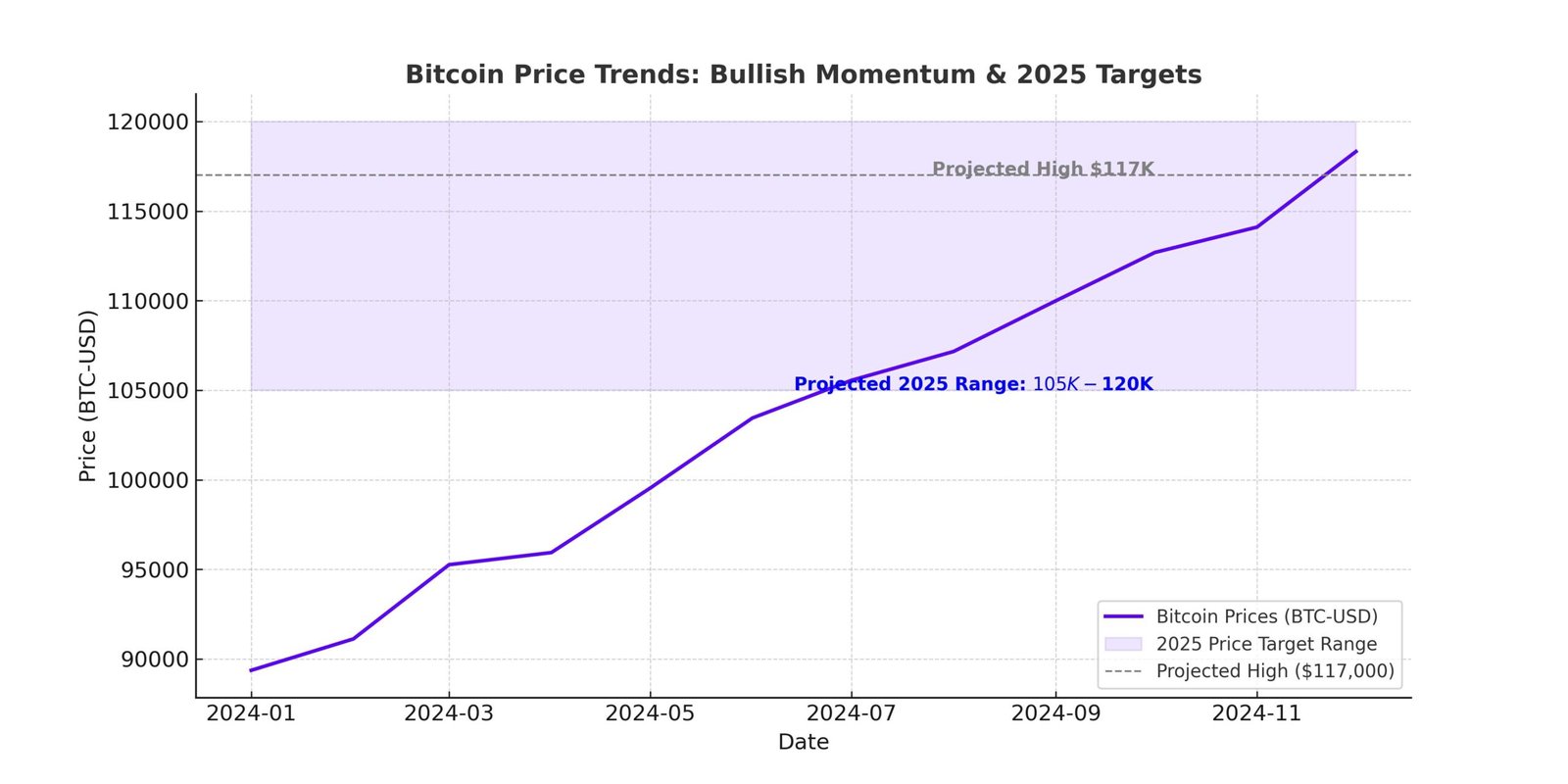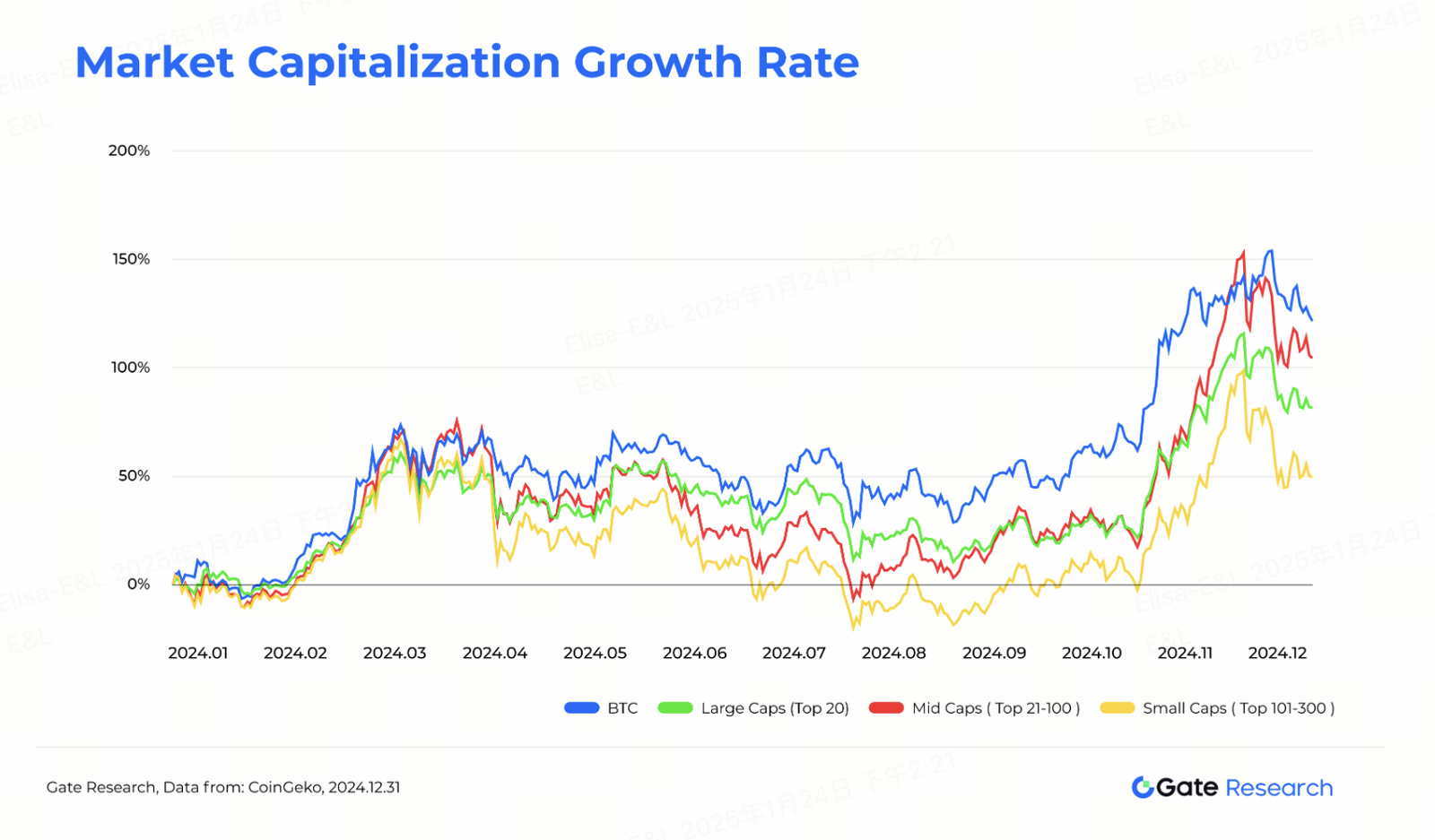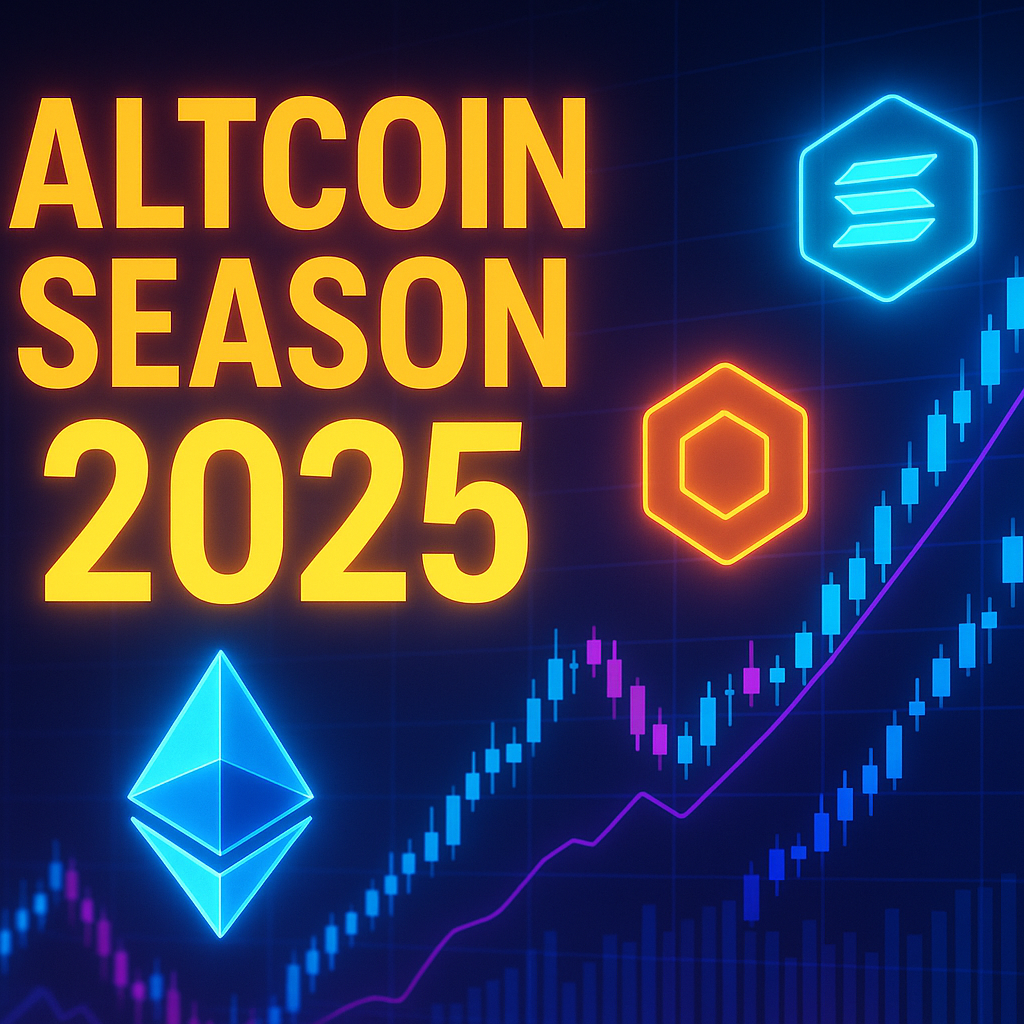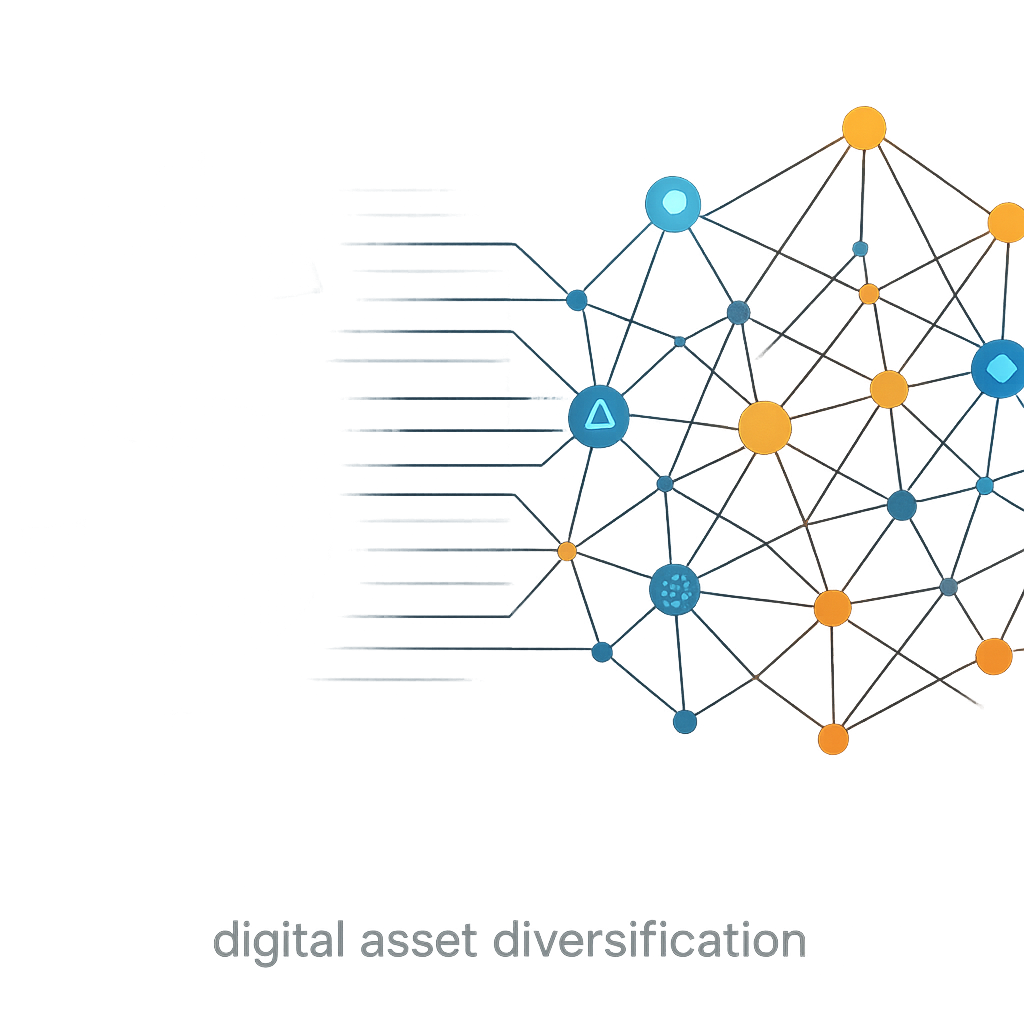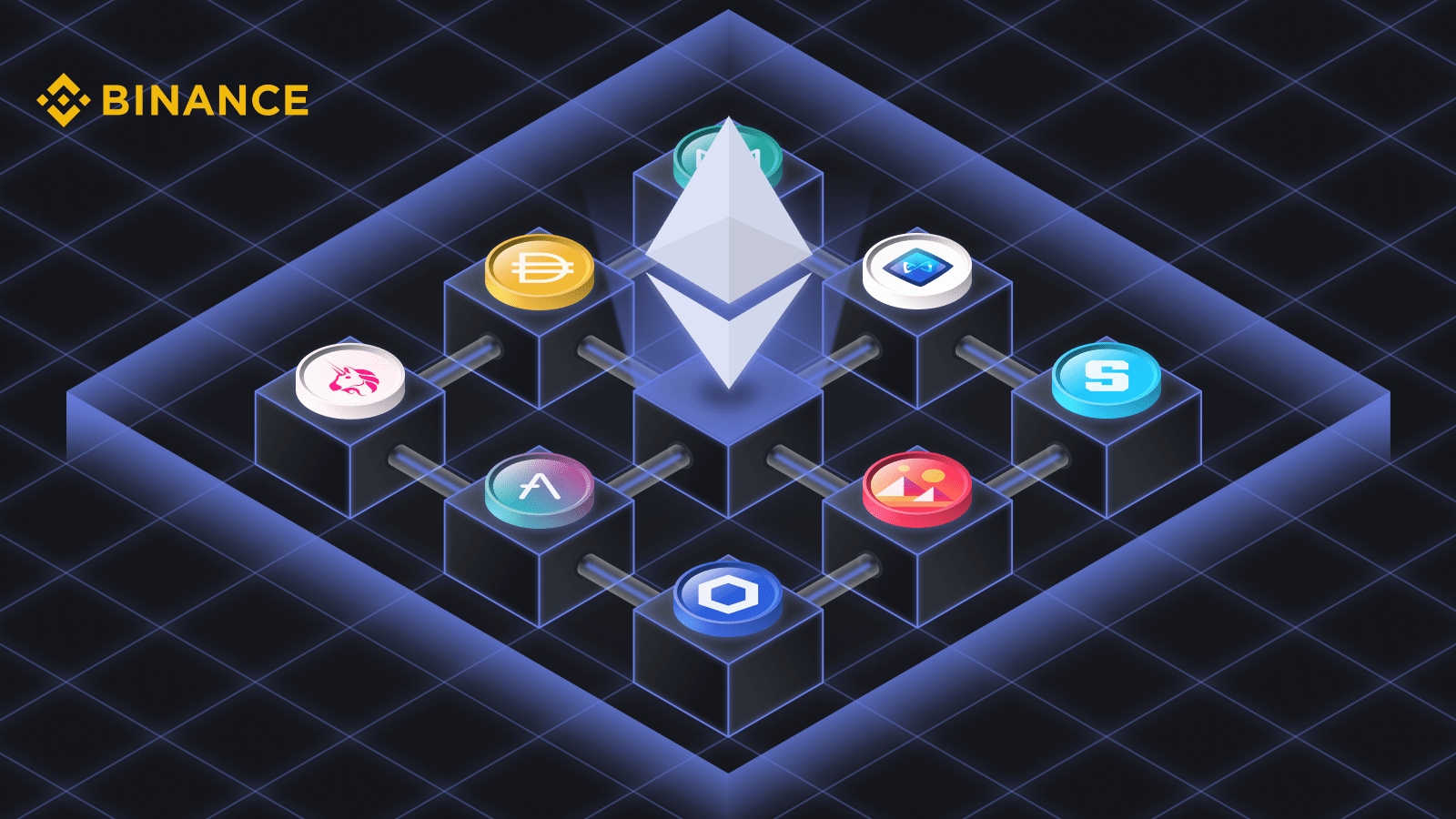The Future of Decentralized Social Media on Blockchain
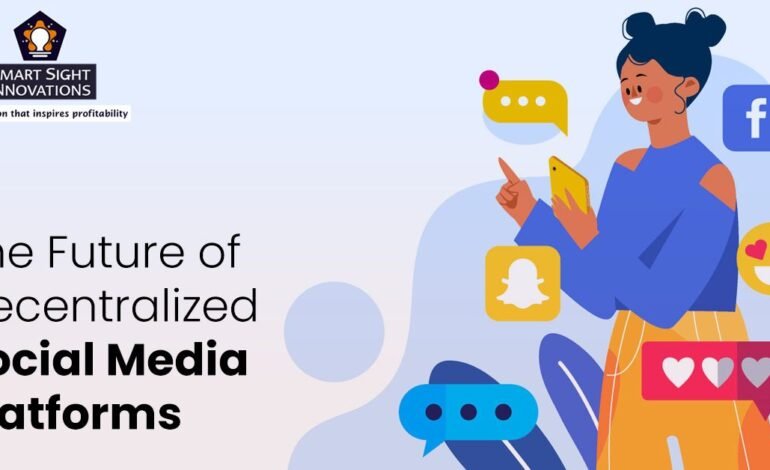
Understanding Decentralization and Blockchain Technology
Decentralization is a paradigm shift in how information is managed and distributed across networks. In traditional social media platforms, control is often centralized, with a single entity making decisions that can significantly impact users’ experiences and data security. Conversely, decentralized social media redistributes control away from these centralized entities, empowering individual users to own their data and dictate how it is shared. This model provides enhanced privacy and security by reducing the risk of data breaches and unauthorized access to personal information.
At the core of decentralized social media lies blockchain technology, a foundational element that facilitates the creation of blockchain social platforms. Blockchain is a distributed ledger system that maintains a persistent record of transactions across multiple nodes, ensuring that no single individual or organization has control over the entire network. This results in greater transparency and immutability, making it challenging for malicious actors to manipulate data or censor information. Such attributes make web3 social networks more resilient against censorship and provide users with a more reliable and secure environment for interaction.

The advantages of utilizing blockchain for social media are manifold. For one, users can establish trust within the network, as transactions are verifiable and recorded transparently. Furthermore, decentralized social media fosters community governance, allowing users to collaborate on decision-making processes, enhancing engagement, and fostering a sense of ownership over the platform. The shifts to decentralized architectures can potentially lead to innovative ways of social interaction that prioritize freedom and individual rights. As the landscape of digital communication continues to evolve, the integration of decentralized structures through blockchain technology represents a significant step toward a more equitable and user-controlled online experience.
Current Landscape of Decentralized Social Media Platforms
The rise of decentralized social media platforms marks a significant shift in the way users interact online. Unlike traditional centralized platforms, these alternatives leverage blockchain technology, enabling users to own their data and enjoy enhanced privacy. Two of the most notable examples are Mastodon and Diaspora, each offering distinct functionalities and user experiences.
Mastodon operates as a federated model, allowing users to join various independent servers, or “instances”, with differing rules and community guidelines. This structure promotes diverse user bases that cater to various interests and values, enabling a more tailored social experience. Its open-source nature encourages users to contribute code and develop features, bolstering user engagement and control. However, the decentralized governance can lead to challenges regarding moderation and consistency across instances, potentially fragmenting user experience.
On the other hand, Diaspora emphasizes user privacy by adopting a distributed architecture known as “pods”. Each pod is independently operated, allowing users to choose their hosting server while still connecting with others across the network. This model safeguards user data and prevents centralized control. Despite its merits, Diaspora has faced hurdles related to user adoption and interface usability, which may deter new users accustomed to the intuitive designs of traditional platforms. Furthermore, scalability remains a pressing issue, as smaller user bases can struggle to sustain vibrant online communities.
Overall, while decentralized social media platforms like Mastodon and Diaspora present compelling alternatives to traditional networks, they also exhibit unique challenges, particularly in terms of scalability and user engagement. Understanding these strengths and weaknesses provides insight into the evolving landscape of web3 social networks and their potential for mainstream adoption.
Challenges and Opportunities Ahead
The rise of decentralized social media platforms built on blockchain technology is fraught with challenges that must be navigated if they are to achieve mainstream success. One of the primary hurdles is the technological complexity associated with these platforms. Users must not only understand how to interact with blockchain networks, but they must also possess the technical know-how to manage wallets and cryptocurrencies. This steep learning curve can hinder widespread adoption, especially among less tech-savvy individuals. Furthermore, the scalability of decentralized networks remains a significant concern, as existing blockchain infrastructures often struggle to handle large volumes of data and user transactions efficiently.

Regulatory concerns are another obstacle facing blockchain social networks. Governments around the world are still in the process of defining how cryptocurrency and decentralized applications fit within existing legal frameworks. This uncertainty can deter potential users and investors, as the threat of sudden regulatory changes could impact platform operations and user rights. Additionally, while decentralized platforms offer greater data privacy and security, they also present new security vulnerabilities, including potential exploits of smart contracts that could compromise user data or funds.
However, the landscape for decentralized social media is not devoid of opportunities. Innovative monetization strategies arise from the potential for users to own and profit from their content, creating a new economic model that could entice both creators and consumers alike. Furthermore, the rise of community-driven content moderation opens doors for improved user engagement and self-governance, as communities create their own rules and guidelines for platform interaction. As the demand for privacy-centric social networks grows, blockchain technology can offer solutions that prioritize user data protection while delivering a trustworthy social experience. Technological advancements and shifting societal values suggest that although challenges exist, the future for decentralized social media may ultimately be bright.
The Vision for the Future: What Lies Ahead?
The evolution of decentralized social media on blockchain is poised to redefine the way individuals interact online. With advancements in blockchain technology, we can anticipate a significant shift in user experience, content ownership, and monetization. Current trends indicate that as blockchain social platforms gain traction, they will leverage smart contracts to establish more transparent revenue-sharing models. This shift is likely to empower content creators, enabling them to retain more control over their work and its financial benefits.
Furthermore, the integration of artificial intelligence and machine learning holds the potential to enhance personalized experiences across web3 social networks. By analyzing user preferences and behavior, these technologies can curate tailored content feeds that resonate with individual interests, thus improving user engagement. This not only enriches the user experience but also fosters a more inclusive digital community, catering to diverse voices that are often sidelined in traditional media landscapes.
Experts predict that decentralized social media will lead to new models of content governance. With the current power held by centralized entities, the introduction of blockchain technologies could democratize content moderation and user interactions, fostering a more equitable digital ecosystem. Communities may establish their own rules and regulations, reducing censorship and allowing for a broader spectrum of ideas and opinions. This autonomy could result in a more resilient and engaged user base, paving the way for innovative social interactions.
While speculation about the long-term impact of decentralized platforms on society continues, what is clear is that the shift towards blockchain-enabled social networks will challenge traditional paradigms of media consumption. The future may see a transformation in user behavior, as individuals increasingly gravitate towards platforms that prioritize transparency, privacy, and control over personal data, thus signaling a new era in digital communication.



